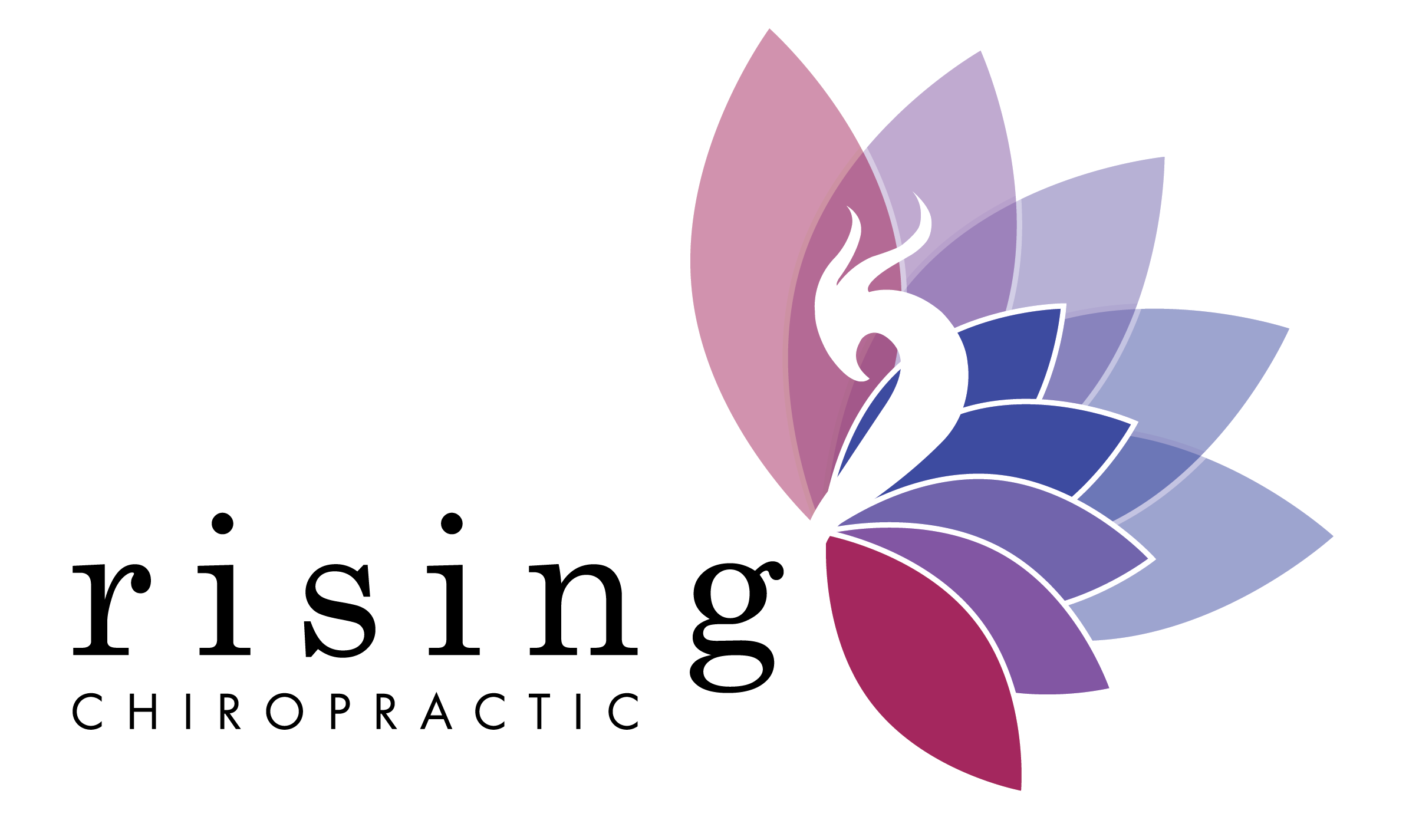Designed & Boosted by My Social State
CAN SPINE HEALTH AFFECT TRAUMATIC BRAIN INJURY?
Traumatic Brain Injury
A traumatic brain injury, or TBI, is an injury to the brain resulting from a blow or jolt to the head. The impact itself can range from mild to severe, and the effects can be variable depending on what parts of the brain are affected and how it altered neural pathways. Sources of a TBI include falls, motor vehicle accidents, being struck, and physical assaults. “Post-concussion Syndrome” is the name given to the long-term effects of TBI.
Many consider traumatic brain injury as the ‘Silent Epidemic,” because of the lack of public recognition in the face of the staggering numbers of injuries each year. Over 2.5 million people sustain a TBI each year, with more than 50,000 deaths and 280,000 hospitalizations. In addition, the effects of brain injury—ranging from physical impairment to behavioral and cognitive deficits—are often invisible to the unknowing observer. Because of this, people living with TBI and post-concussion syndrome often struggle, feeling isolated and misunderstood.
Traditional therapies available for TBI include physical therapy, occupational and speech therapy, psychological/cognitive therapy, and vocational counseling. All of these can be helpful in managing and adapting to the long-term effects of a TBI, but they do little to target and reconnect the altered neural pathways inside the nervous system.
It is important to understand how the brain and body communicate in order to understand why a TBI can have such long lasting effects. The nervous system is a delicate and intricate system of tissues and nerve fibers that extend from the brain throughout the entire body. The brainstem is the body’s information highway. The area where it connects to the spinal cord is extremely small. It runs through the two bones of the upper neck vertebrae called the atlas and axis or C1 and C2. This area—the upper cervical spine—is responsible for holding the head in proper balance and maintaining proper brain-body communication. Misalignment in this area leads to any number of health problems throughout the body. Based on a body of research out of Australia and the United Kingdom, the long-term effects of TBI are due to changes in the upper cervical area and other areas in the central nervous system, versus damage to the brain. With this background, the link to chiropractic care is easy to discern, as it addresses the function of the nervous system directly and seeks to improve neuroplasticity in nerve tissues.
In the Annals of Vertebral Subluxation Research, Ryan presents a case study of a 55-year-old female patient with a history of two automobile accidents that resulted in traumatic brain injury. She experienced lost of range of motion in her right arm, pelvic pain, paresthesia in upper and lower extremities, loss of balance, depression, and suicidal ideations.
The patient received on an intensive schedule of care using the Torque Release Technique to evaluate and adjust spinal subluxations. Within one month of care, the patient noted a decrease in symptoms and improved quality of life. Re-evaluations throughout the course of care demonstrated continued improvement in physical findings as well as reduced emotional stress and enhanced function in her autonomic and motor systems.
Regular, principled chiropractic care is extremely beneficial to people living with the long-term effects of TBI. This is because regular spinal adjustments help remove interference and increase nervous system function. Each adjustment helps restore connections in the central nervous system, promoting better function and improved stress response. Chiropractic care should not replace other traditional therapies for TBI, but it can serve to reduce the severity of symptoms and enhance the effect of other therapeutic care.
References:
Ryan AB. The Role of Chiropractic in Traumatic Brain Injury. Journal of Vertebral Subluxation Research. 2007; 2007:1-6.
Brain Injury Alliance of New Jersey. BIANJ. https://bianj.org/. Accessed October 27, 2019.
Post-Concussion Syndrome Relieved Through Chiropractic Care. Upper Cervical Awareness. https://uppercervicalawareness.com/post-concussion-syndrome-relieved-chiropractic/. Published April 1, 2019. Accessed October 27, 2019.
Info@risingchiropracticevans.com
PHONE
(706) 524-8077
ADDRESS
625 Ponder Place Drive #2
Evans, GA 30809

HOURS
Monday:
9:00 AM - 11:00 AM
3:00 PM - 6:00 PM
Tuesday:
2:00 PM - 6:00 PM
Wednesday:
9:00 AM - 11:00 AM
3:00 PM - 6:00 PM
Thursday:
2:00 PM - 6:00 PM
Fri, Sat, Sun: CLOSED

